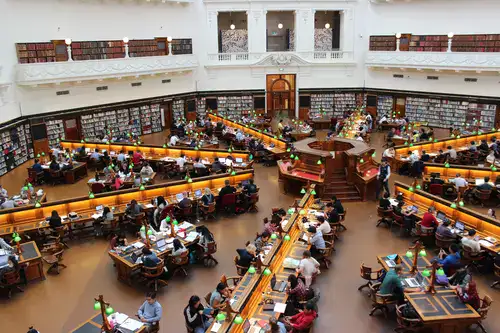
Reach your full potential
Join 2,000+ students who have succeeded by working with tutors who've already aced your exact classes.
Our Offerings
Master your course with a tutor who already has. From K-12 to college, our experts are required to have earned an A- or higher in their subjects, ensuring you learn from the best.
Why choose Schwartz?
Real Tutors Who Get It
They've taken your exact classes — and crushed them. Top Miami students who know your professor and what it takes to get an A.
Quick Help When You Need It
Request a session in 30 seconds, meet with a tutor today — before stress turns into panic.
The Same Tutor Every Week
No re-explaining, no starting over. Your tutor knows your learning style, progress, and goals.
1-on-1 That Fits Your Life
Your schedule, your goals, your learning style. Your tutor adapts to you — not the other way around.
- 1Request a session — tell us your class & goals.
- 2Match with a vetted tutor who knows your course.
- 3Meet quickly when deadlines hit or weekly to stay ahead — keep momentum all term.
“I went from struggling to thriving in college.”
I've been working with Schwartz Tutoring for the past year, and it has made a huge difference in my college experience. The Schwartz Tutoring style focuses on both solving current problems and building skills I can use in the future. The combination of homework help and learning strategies has been exactly what I needed to thrive in college. I would highly recommend this company to any college student.
— Charlie Purser (Student)
"Everything just clicked." — How Ally mastered Organic Chemistry with Nina.
Ally's breakthrough didn't take months; it happened after session one. With Nina's guidance, Ally moved beyond just memorizing to truly understanding—so much so that she began teaching her own classmates. This "second study session" habit, fueled by Nina's expert support, helped Ally sweep her exams with straight A's.
See more testimonials from real studentsStop hoping it gets easier. Make it easier.
One session to try it. Weekly to keep it going.
Book My First SessionOur Pricing
At Schwartz Tutoring, we strive to strike a balance between affordability for our students and fair compensation for our top-performing tutors. We acknowledge the value of quality tutoring, and therefore, we have developed a pricing structure that reflects the high standard of service we provide while remaining considerate of your budget.
Don't see a pricing option that fits your needs? We also have bulk discounts if you want to schedule multiple hours. Check out our pricing page for more information.
Individual Tutoring
$42.00/hr
30 min sessions include a $3.00 scheduling fee.Book an hour or more to have this waived
Sign In to Get Started
1 Person Session
Just you in a session2 Person Session
You and 1 other person in a session3 Person Session
You and 2 other people in a session4 Person Session
You and 3 other people in a sessionHave a question?
We're here to help you. Our small, dedicated team of real people is passionate about student success.


